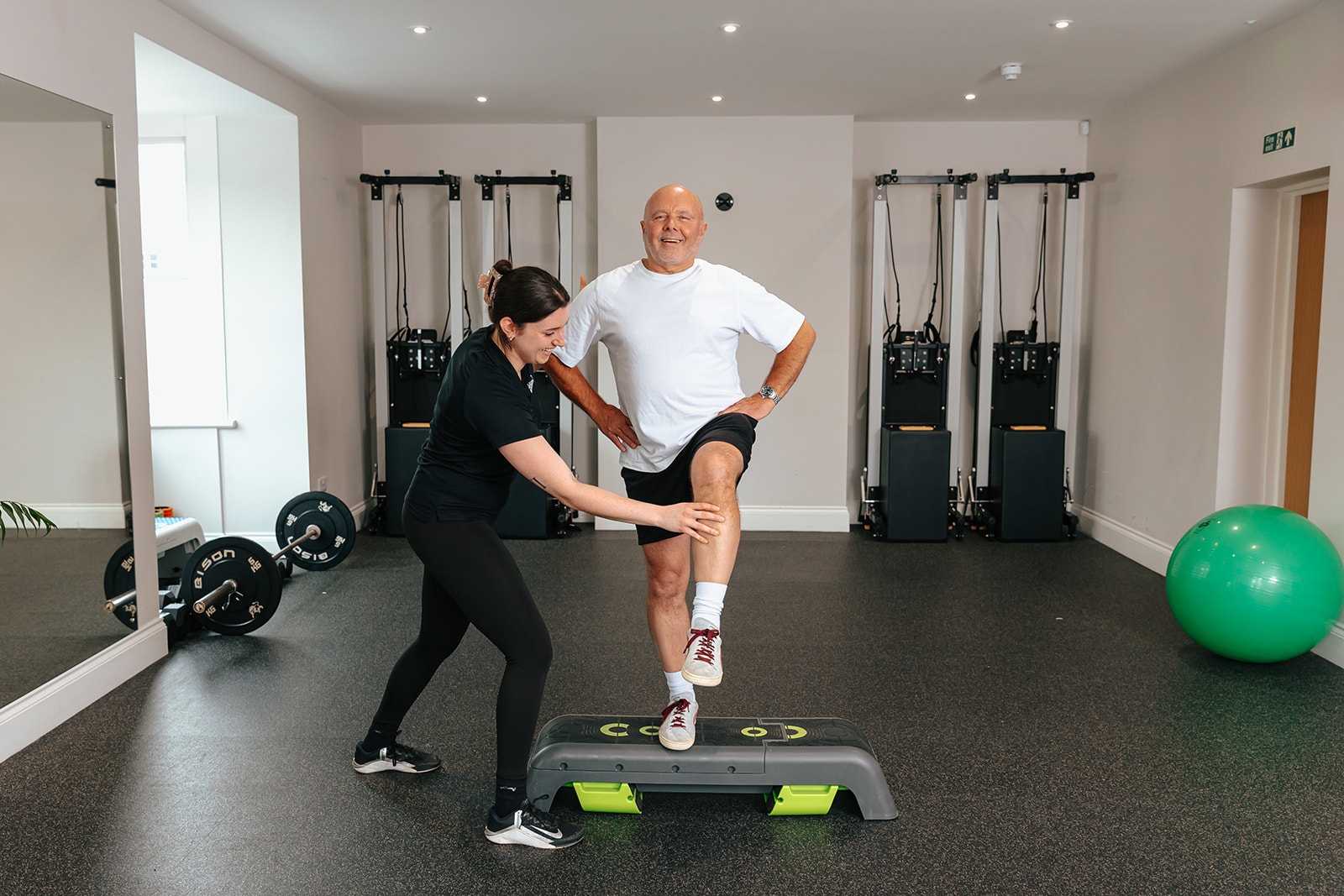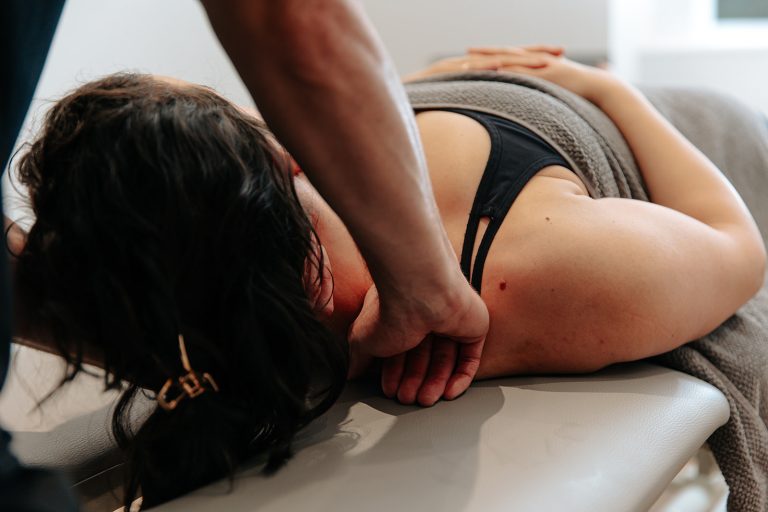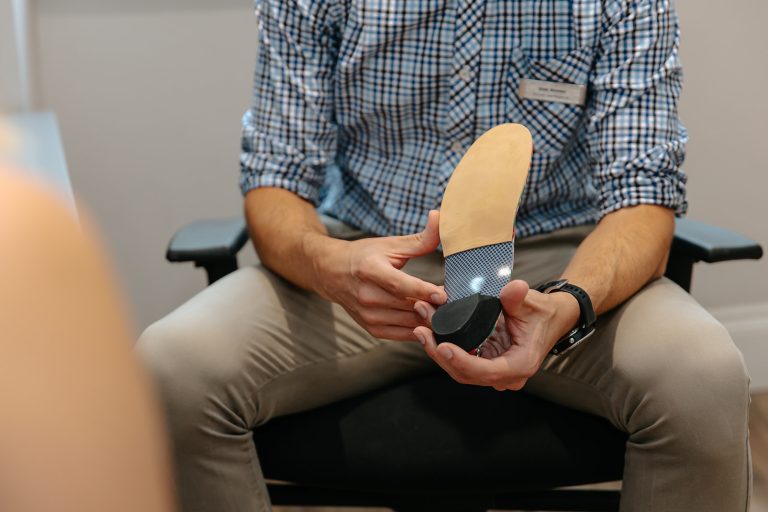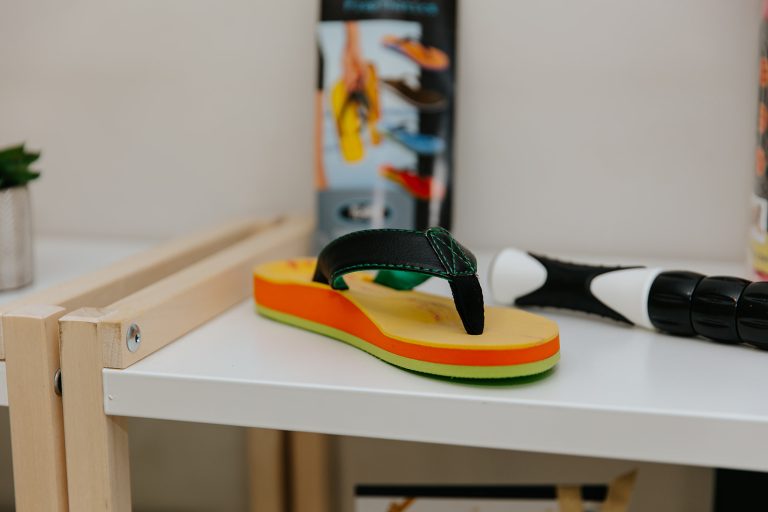October 27, 2024
What Causes Balance Issues?
November 02, 2024

What causes balance issues?
Have you ever found yourself feeling dizzy or lightheaded when you are on your feet? It may be due to an issue with your balance. Not only can it cause disruptions in your everyday life but also your ability to move around and exercise without any problems. In this blog, we’ll look at some of the causes of balance issues and what you can do to address them.
Why is balance important?
Without proper balance, your body struggles to support itself while standing, walking, or engaging in physical activities. Coordination and stability, in particular, play a huge role in preventing falls and injuries during daily life and exercise. As we age or experience certain health conditions, our balance can reduce, meaning it’s very important to work on preventing this.
Symptoms of balance problems
Balance issues can affect people differently, but most would describe it as a feeling of dizziness or unsteadiness, people may also experience trips or falls. When you’re sitting or laying down, you may feel like you are spinning or floating and as you walk it may feel as if you are about to tip over.
Other symptoms may include:
- Feeling faint or lightheaded
- Difficulty walking or maintaining a steady gait
- A sensation of swaying or tilting
- Staggering when you walk
- Weakness on one side of the body
- Numbness in the feet
Common causes of balance problems
There are a number of reasons why you may have balance issues, for example, if you have a condition such as vertigo or other physical injuries. It can also be a result of:
Musculoskeletal injuries
Injuries to the muscles, bones, ligaments or joints can impact your ability to maintain balance. For example, a sprained ankle or a knee injury might lead to an altered walking pattern, which can throw off your stability.
Injuries such as fractures, sprains and strains can also lead to reduced ‘proprioception’ meaning your body has reduced ability to detect where it is in space. You can usually treat these injuries with a specific physiotherapy and rehabilitation plan.
Problems with your feet
Your feet play a crucial role in maintaining balance in your body. Conditions such as plantar fasciitis can cause discomfort, making it difficult to gauge your position and stability. Diabetic neuropathy or other conditions that affect the nerves in your feet can also affect your balance.”
Proper footwear and orthotics are two of the many ways to help alleviate these issues.
Weak muscles
When the muscles that support your body — particularly those in your legs, core, and lower back — are weak, they may struggle to maintain posture and alignment during movement.
Incorporating strengthening exercises into your routine regularly is imperative to build up the strength in these muscles. Pilates, Tai Chi and Yoga are other forms of exercise that can help with balance.
Poor joint mobility
Conditions such as arthritis can cause stiffness and reduce the range of motion in the joints, limiting your ability to move smoothly and stay balanced. Regular flexibility exercises, like stretching or gentle yoga, could help to improve the movement in your joints.
Problems with the inner ear
The inner ear or ‘vestibular system’ is an incredibly important part of our balance system. It contains structures that sense our body’s postion and movement. If impacted, you may find it difficult to maintain your balance. Other conditions like vertigo can make it feel as if the room is spinning, hindering your ability to stand or walk steadily.
What can you do to improve your balance?
Treatment will usually depend on the issue causing your balance problems. Physiotherapy consisting of a combination of advice, manual therapy and exercises can help improve joint mobility, reduce pain, help to begin strengthening your muscles and improve your co-ordination.
A bespoke exercise plan designed to improve balance and strengthen the core and leg muscles led by a rehabilitation therapist or a strength and conditioning coach would help address areas of specific weakness. If you are still recovering from a recent surgery or injury, you may benefit from our rehabilitation programmes which focus on regaining stability and confidence in your movement”
You may also benefit from a gait analysis – this is where we assess your lower limb alignment, and how you walk/run to identify any patterns that may cause balance issues. Our therapists may recommend orthotics or different sorts of footwear to help with your balance.
We provide a range of services to improve your balance as well as other aspects of health and movement across our clinics in Devizes, Marlborough and Frome. Booking an appointment is easy, simply book online and choose your chosen location. If you’d like to learn more about our services and availability please call us on 01380 730473 or email us at enquiries@hattclinic.co.uk.



